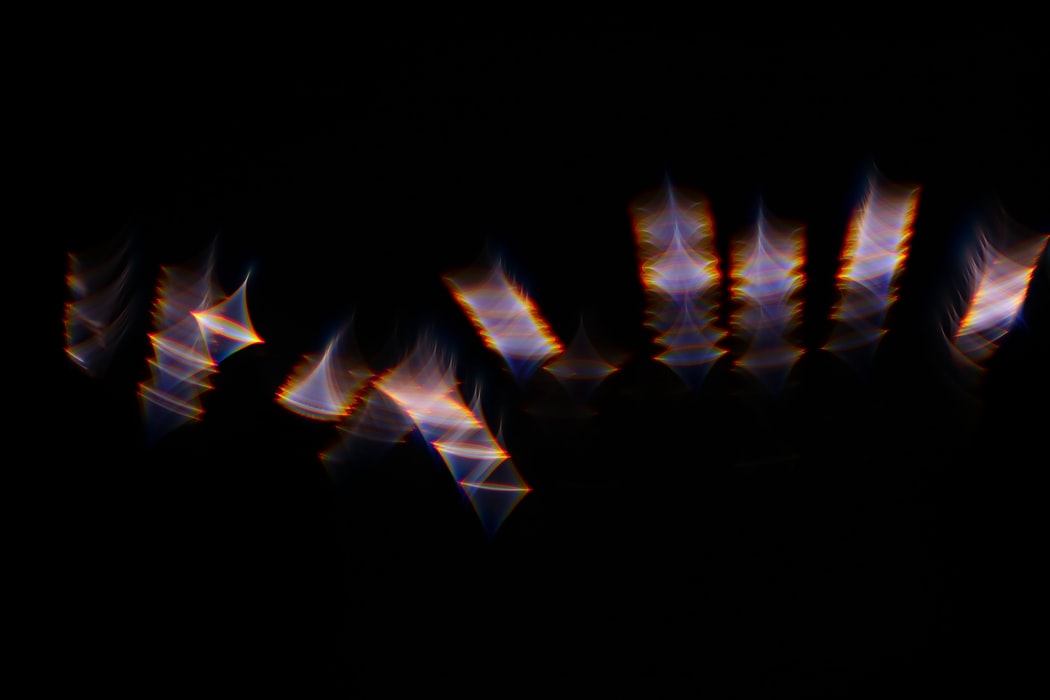The adverse events of ibogaine in humans: an updated systematic review of the literature (2015–2020)
Authors:
Genís Oña, Juliana Mendes Rocha, José Carlos Bouso, Jaime E. C. Hallak, Tre Borràs, Maria Teresa Colomina, and Rafael G. dos Santos.
Journal:
Psychopharmacology
Year:
2021
About the study
The aim of this study was to perform an updated (2015-2020) systematic review of literature of the serious adverse events and fatalities associated with ibogaine administration. Special attention was given to those cases in which ibogaine was combined with other drugs, since previously concomitant use of other drugs was associated with serious adverse reactions.
Data for this review were collected in accordance with the Systematic Reviews and Meta-Analyses guidelines. The authors attempted to identify all human studies available to review from July 2, 2015 to July 23, 2020 in which the adverse events of ibogaine or noribogaine were analyzed.
Adverse events and fatalities associated with ibogaine are still a major concern, with a high degree of heterogeneity and uncertainty regarding alkaloid content, as well as lack of purity of the products used. Consequently, phase I-II trials are urgent needed to assess their tolerance and safety, dose-effect relationships, and possible drug interactions.
Abstract
Context: Ibogaine is the main alkaloid of the African shrub Tabernanthe iboga. It produces hallucinogenic and psychostimulant effects, but it is currently known for the anti-addictive properties. Despite the potential therapeutic effects, several cases of fatalities and serious adverse events related to ibogaine/noribogaine use can be found in the literature. Most studies consist in case reports or were conducted under non-controlled settings, so causation cannot be clearly established.
Objectives: To update (2015-2020) the literature on the adverse events and fatalities associated with ibogaine/noribogaine administration.
Methods: Systematic review following the Preferred Reporting Items for Systematic Reviews and Meta-Analyses (PRISMA).
Results: Eighteen studies were included in the final selection. Highly heterogeneous results were found in terms of kind of product used or the known dosages. The adverse events were classified in acute effects (< 24 h), mainly cardiac (the most common was QTc prolongation), gastrointestinal, neurological, and clinical alterations, and long-lasting effects (> 24 h), mainly persistent cardiac alterations, psychiatric, and neurological signs.
Conclusions: There is a high need of phase I clinical trials that can describe the safety of different dosages of ibogaine with standardized products. Further research should perform clinical profiling of vulnerable populations, and design effective screening methods and clinical procedures.
Photo by Meagan Carsience on Unsplash.
Categories:
Studies & papers
, Iboga and ibogaine
Tags:
ibogaine
, scientific research
, study
, adverse effects
, safety
, drug interactions

